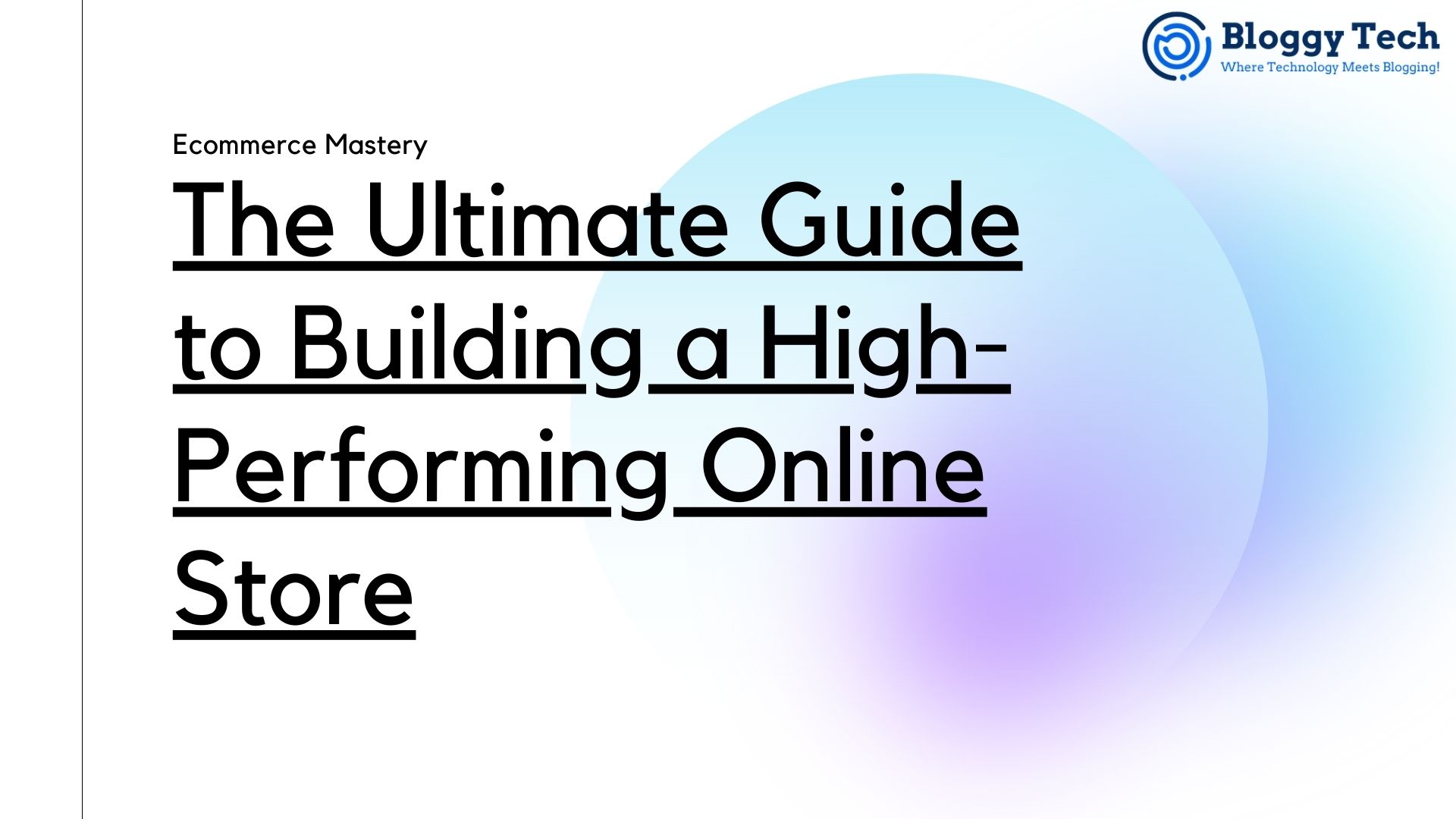Unlock your online potential with UnikBrushes - Your one-stop-shop for expert web development and digital marketing solutions.
Join BloggyTech now and stay ahead in the game with valuable insights and tips on technology, digital marketing, and personal development!
Looking for a list of trendy AI tools that can enhance and save time in your work? Check out ZynoSItes - I'm sure you'll be amazed!
Upgrade your writing game with ZynoInk - the ultimate AI-powered writing tool for students and marketing professionals. Try it now and experience the difference!
In today’s digital world, having a strong online presence is essential for any business to succeed. Search engine optimization (SEO) is a powerful tool that can help businesses improve their online visibility and attract more customers. However, developing an effective SEO strategy can be a daunting task, especially for those who are new to the world of digital marketing. In this article, we will provide a step-by-step guide to creating a winning SEO strategy.
What is SEO?
SEO stands for search engine optimization. It is the process of optimizing a website or a web page to increase its visibility and ranking in search engine results pages (SERPs). SEO involves various techniques such as keyword research, on-page optimization, technical SEO, content marketing, and link building.
Why is SEO important?
SEO is important because it helps businesses attract more customers by increasing their online visibility. When a website appears higher on search engine results pages, it is more likely to attract clicks and generate traffic. This can result in increased brand awareness, higher conversion rates, and ultimately, increased revenue.
Understanding your target audience
The first step in creating a winning SEO strategy is to understand your target audience. This involves identifying the demographics, interests, and online behavior of your target customers. Once you have a clear understanding of your target audience, you can create content that resonates with them and optimize your website to meet their needs.
Conducting keyword research
Keyword research is the process of identifying the keywords and phrases that your target audience uses to search for information online. This involves using tools such as Google Keyword Planner or SEMrush to find relevant keywords with high search volume and low competition. Once you have identified your target keywords, you can incorporate them into your website’s content and metadata.
On-page optimization
On-page optimization involves optimizing your website’s content and structure to make it more attractive to search engines. This includes optimizing your website’s title tags, meta descriptions, headers, and body content with your target keywords. On-page optimization also involves ensuring that your website’s structure is easy to navigate and mobile-friendly.
Technical SEO
Technical SEO involves optimizing the technical aspects of your website to improve its performance and usability. This includes ensuring that your website is secure, has a fast loading time, and is accessible to search engine crawlers. Technical SEO also involves optimizing your website’s sitemap, robots.txt file, and schema markup.
Content marketing
Content marketing involves creating and promoting high-quality, informative content that resonates with your target audience. This can include blog posts, infographics, videos, and social media posts. By creating valuable content, you can attract more traffic to your website and establish yourself as a thought leader in your industry.
Link building
Link building involves acquiring backlinks from other websites to your own. Backlinks are important because they signal to search engines that your website is authoritative and trustworthy. There are various techniques for building backlinks, including guest posting, broken link building, and influencer outreach.
Local SEO
Local SEO is the process of optimizing your website to appear in local search results. This involves creating local business listings, optimizing your website for local keywords, and ensuring that your website’s contact information is consistent across all online directories.
Measuring success
It’s important to measure the success of your SEO strategy to determine what’s working and what’s not. This involves tracking metrics such as website traffic, keyword rankings, and backlinks. By monitoring these metrics, you can make informed decisions about how to improve your SEO strategy over time.
Staying up-to-date with SEO trends
SEO is a constantly evolving field, and it’s important to stay up-to-date with the latest trends and best practices. This involves reading industry blogs, attending conferences, and networking with other SEO professionals. By staying informed, you can ensure that your SEO strategy is always up-to-date and effective.
Hiring an SEO professional
If you don’t have the time or expertise to create and implement an SEO strategy, it may be worth hiring an SEO professional. An experienced SEO professional can help you develop a customized strategy that is tailored to your business’s needs and goals.
Common SEO mistakes to avoid
There are several common SEO mistakes that businesses should avoid. These include keyword stuffing, buying backlinks, and neglecting on-page optimization. By avoiding these mistakes, you can ensure that your SEO strategy is effective and sustainable.
Conclusion
Developing a winning SEO strategy takes time, effort, and expertise. By understanding your target audience, conducting keyword research, optimizing your website for search engines, and staying up-to-date with the latest trends and best practices, you can create a strategy that drives traffic and generates revenue for your business.
FAQs
Q1. How long does it take to see results from SEO?
Answer: It depends on various factors such as the competitiveness of your industry, the quality of your content, and the strength of your backlink profile. However, in general, you can expect to see noticeable results within 3-6 months of implementing an SEO strategy.
Q2. What is the difference between on-page and off-page optimization?
Answer: On-page optimization refers to the optimization of the content and structure of your website, while off-page optimization refers to the optimization of factors outside of your website, such as backlinks and social media presence.
Q3. Can I do SEO myself, or do I need to hire a professional?
Answer: It’s possible to do SEO yourself, but it requires a significant amount of time, effort, and expertise. If you don’t have the resources to do SEO yourself, it may be worth hiring an SEO professional to help you.
Q4. What is local SEO?
Answer: Local SEO is the process of optimizing your website to appear in local search results. This involves creating local business listings, optimizing your website for local keywords, and ensuring that your website’s contact information is consistent across all online directories.
Q5. What are some common SEO mistakes to avoid?
Answer: Some common SEO mistakes to avoid include keyword stuffing, buying backlinks, neglecting on-page optimization, and failing to stay up-to-date with the latest trends and best practices.
Unlock your online potential with UnikBrushes - Your one-stop-shop for expert web development and digital marketing solutions.
Join BloggyTech now and stay ahead in the game with valuable insights and tips on technology, digital marketing, and personal development!
Looking for a list of trendy AI tools that can enhance and save time in your work? Check out ZynoSItes - I'm sure you'll be amazed!
Upgrade your writing game with ZynoInk - the ultimate AI-powered writing tool for students and marketing professionals. Try it now and experience the difference!
Best Regards,
Amar



